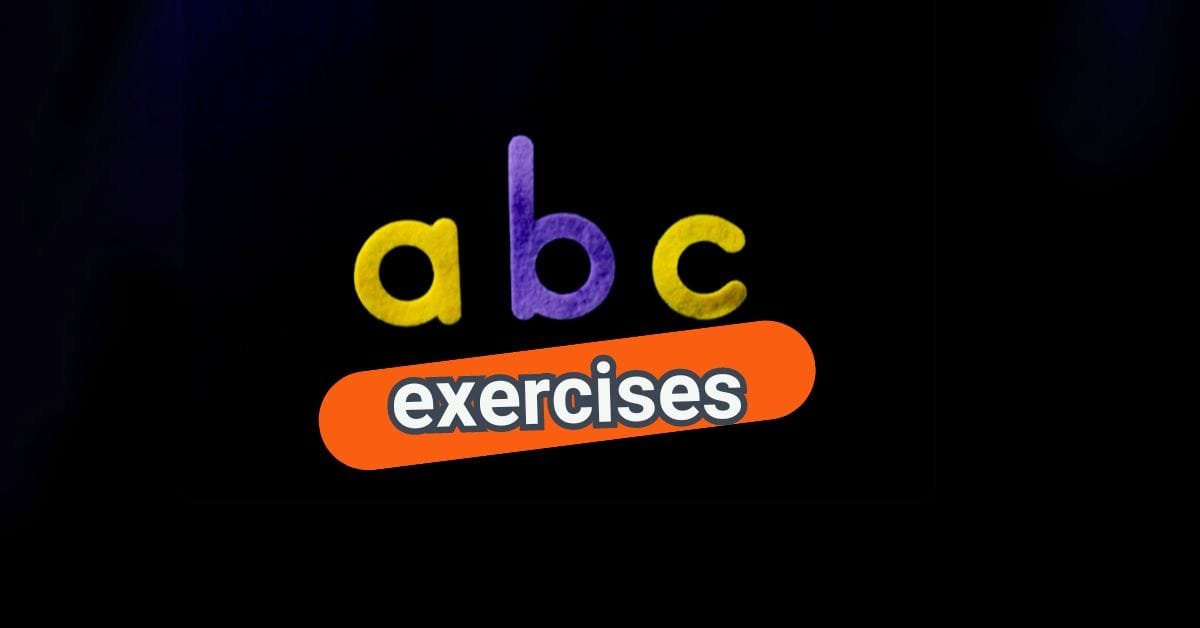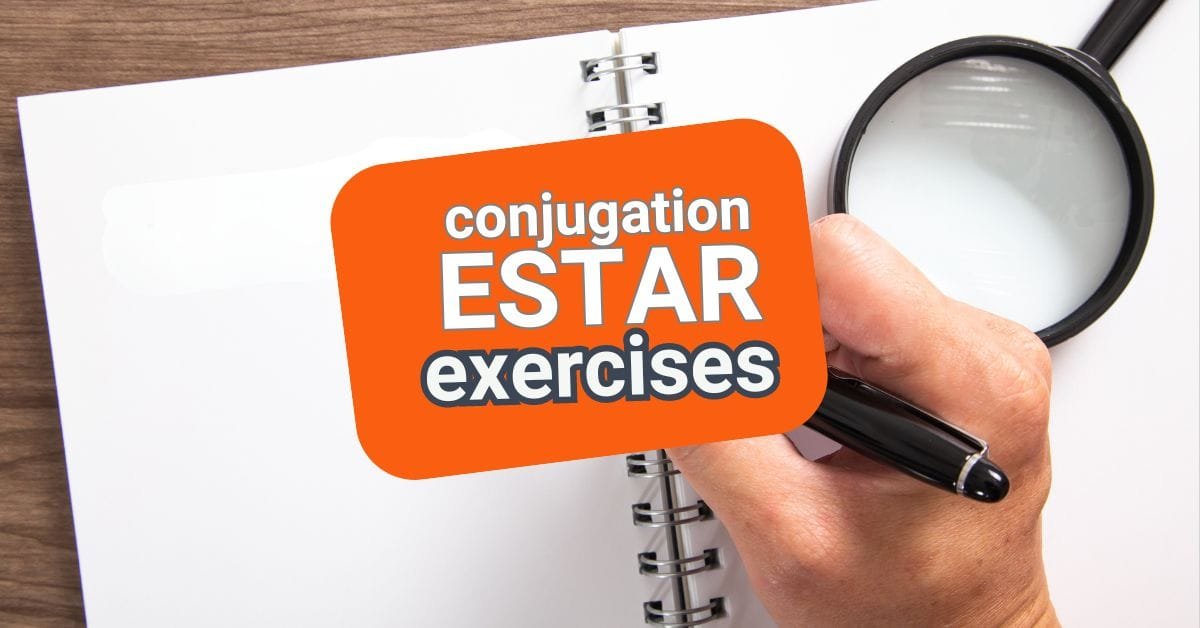Master Spanish Travel Vocabulary. Let’s explore together some common phrases needed as you travel to a spanish speaker country. Build confidence and learn something valuable.
Are you planning a trip to a Spanish-speaking country? Whether you’re asking for directions, checking into a hotel, or ordering food at a restaurant, knowing the right travel phrases can make your journey smoother (and more enjoyable, of course).
You don’t need to be fluent. A few key expressions can make your trip smoother, safer, and more fun.
Whether you’re heading to Mexico, Spain, Colombia, or Argentina, being able to communicate simple travel needs in Spanish can make your trip easier, safer, and way more fun. That’s why we created this interactive drill focused on Common Spanish Travel Phrases that every traveler should know.
In this vocabulary drill, you’ll practice essential Spanish phrases that travelers frequently use. These phrases are especially useful for beginner to intermediate learners who want to feel confident and prepared while exploring Spanish-speaking destinations.
Why Learn Spanish Travel Vocabulary?
Most travelers get by with gestures or apps. But even basic Spanish travel vocabulary helps you:
- Ask for help
- Order food
- Check into hotels
- Understand signs
- Connect with locals
You’ll gain more confidence and enjoy more of your trip.
Who Should Learn These Phrases?
This guide is for:
- Beginners preparing for travel
- Intermediate learners needing a refresher
- Tourists visiting Spain or Latin America
- Anyone wanting fast, useful language skills
What You’ll Learn
We’ve grouped phrases into real travel scenarios. Each section gives short, practical expressions. Use them during flights, city tours, or meals out.
Basic Greetings and Courtesies in Spanish
Start with the essentials. Use these to greet people and show politeness.
| Spanish | English |
|---|---|
| Hola | Hello |
| Buenos días | Good morning |
| Buenas tardes | Good afternoon |
| Buenas noches | Good evening |
| Por favor | Please |
| Gracias | Thank you |
| De nada | You’re welcome |
| Disculpe | Excuse me |
| ¿Cómo estás? | How are you? |
Asking for Directions
Lost in a new city? These phrases help you find your way.
| Spanish | English |
|---|---|
| ¿Dónde está el baño? | Where is the bathroom? |
| ¿Cómo llego al hotel? | How do I get to the hotel? |
| ¿Está lejos o cerca? | Is it far or near? |
| A la derecha / A la izquierda | To the right / To the left |
| Siga recto | Go straight |
| Cruce la calle | Cross the street |
| Estoy perdido/a | I’m lost |
Transportation Vocabulary
At stations or airports, these phrases come in handy.
| Spanish | English |
|---|---|
| Un boleto, por favor | One ticket, please |
| ¿Cuánto cuesta el pasaje? | How much is the fare? |
| ¿Dónde está la parada de autobús? | Where’s the bus stop? |
| ¿Este tren va a Madrid? | Does this train go to Madrid? |
| Necesito un taxi | I need a taxi |
| ¿A qué hora sale el avión? | What time does the plane leave? |
At the Hotel
Checking in is easier with these basic expressions.
| Spanish | English |
|---|---|
| Tengo una reserva | I have a reservation |
| ¿Tiene habitaciones disponibles? | Do you have rooms available? |
| ¿Cuánto cuesta por noche? | How much per night? |
| Necesito una habitación para dos | I need a room for two |
| ¿Puedo pagar con tarjeta? | Can I pay by card? |
| ¿Dónde está el ascensor? | Where is the elevator? |
Eating Out
Food is part of the fun. These phrases help at restaurants.
| Spanish | English |
|---|---|
| Una mesa para dos, por favor | A table for two, please |
| ¿Me puede traer el menú? | Can you bring the menu? |
| Soy alérgico/a a… | I’m allergic to… |
| ¿Qué recomienda? | What do you recommend? |
| La cuenta, por favor | The bill, please |
| Estuvo delicioso | It was delicious |
Emergency Phrase
In case of problems, these phrases can help.
| Spanish | English |
|---|---|
| ¡Ayuda! | Help! |
| Llame a una ambulancia | Call an ambulance |
| Necesito un médico | I need a doctor |
| Me siento mal | I feel sick |
| Perdí mi pasaporte | I lost my passport |
| ¿Dónde está la policía? | Where is the police? |
Learning Objectives
With this exercise you will be able to:
- Reinforce practical Spanish vocabulary used while traveling
- Improve your recognition of commonly used words and phrases in spanish
- Build confidence for real-life travel situations
Exercise – Vocabulary: Fill in the Blanks – Common Travel Phrases in Spanish
Please be aware: This exercise answers may include accents, so be mindful when writing them. You’ll also see hints in parentheses ( ) to help you determine the correct form or context of the phrase. Good luck and happy learning.
Real-Life Practice Ideas
Use your Spanish while:
- Asking for your hotel key
- Reading airport signs
- Ordering coffee
- Chatting with a tour guide
- Navigating a local market
Even small phrases can open doors and build trust.
Expand Your Vocabulary
Once you’ve mastered the basics, try more:
- Vocabulary for shopping
- Airport announcements
- Street signs and instructions
- Spanish idioms and expressions
Other Resources
- Vocabulary Drill: Daily Activities in Spanish
- Listening Practice: Ordering Food in Spanish
- 📺 Watch authentic travel conversations on our SpanishNOW YouTube Channel
Final Thoughts
Ready to take your Spanish on the road? Practicing spanish travel vocabulary is one of the smartest ways to feel more confident during your trip.
Learning Spanish travel vocabulary is a smart step before your trip. It gives you the words you need for common tasks—ordering food, asking questions, getting help. Whether you’re navigating a busy airport or exploring a new city, these essential phrases are great handy-resources.
This vocabulary drill will help you interact with locals and enjoy even more the experience of being abroad as you learn, and embrace the local culture.
Keep practicing and do not forget to explore more vocabulary drills. This is clever way to level up your Spanish every day! Practice a little each day. Speak the phrases out loud. Use them in real life. You’ll feel more independent, make deeper connections, and enjoy your travels even more.
Remember: every word you learn is a step closer to real communication. Keep going.
¡Buen viaje!


